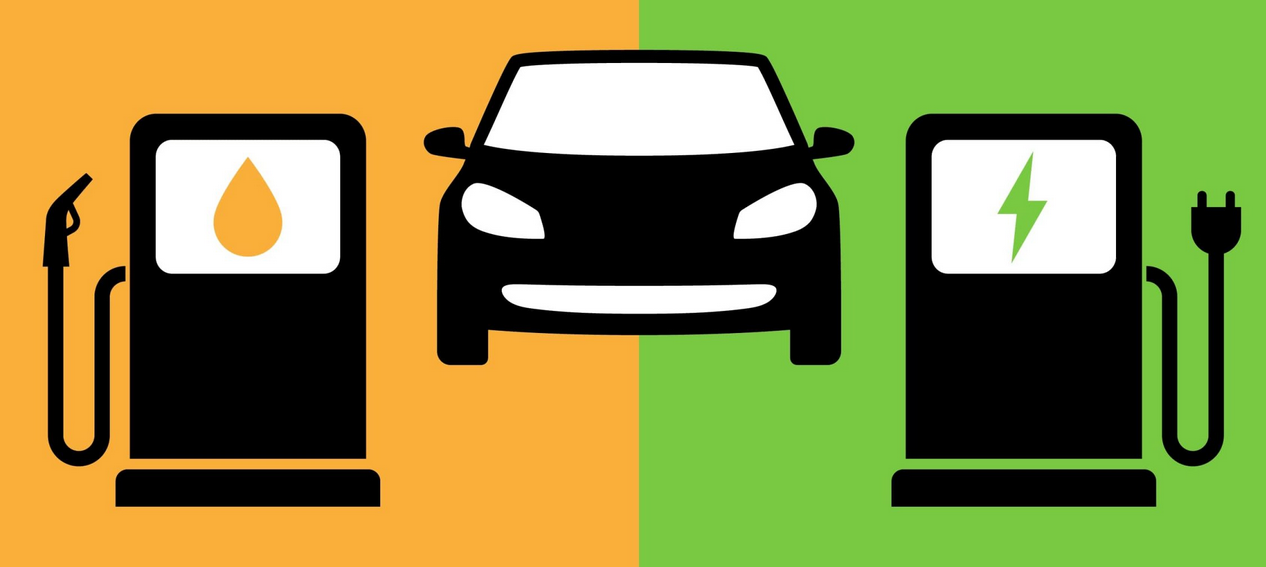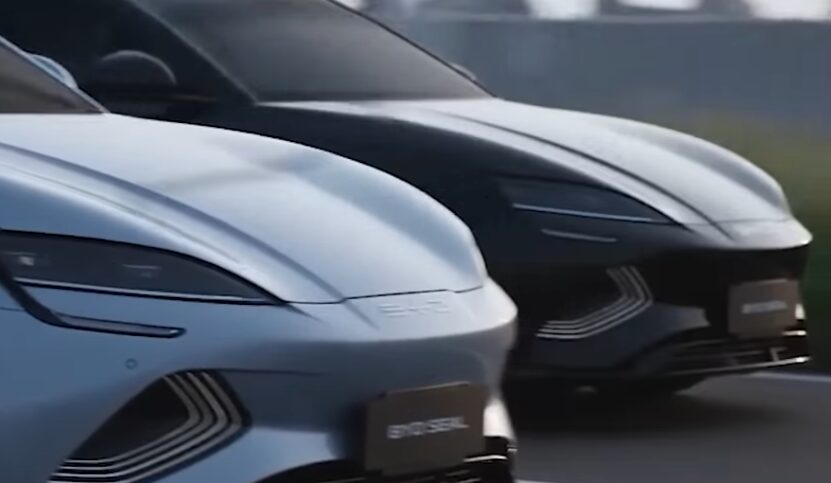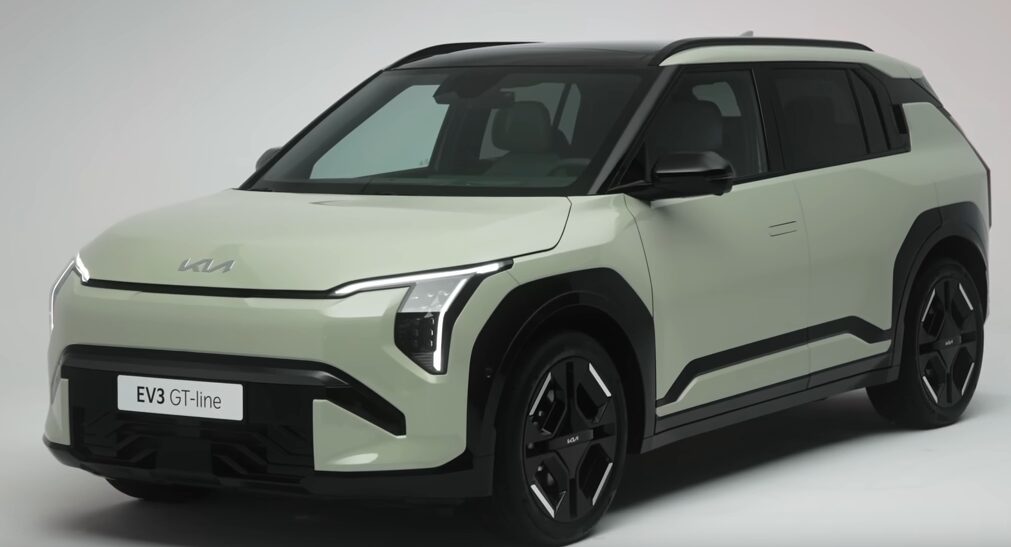I would rather talk about vehicles than politics but, like politics on other subjects, EV politics is, unfortunately, driving all too much of EV knowledge. I am going to address some of the FUD out there.
- FUD: EV demand is dropping. It’s not. EV sales increase every year. That doesn’t mean they are increasing for specific vendors but it does mean, overall, EV sales continue to go up.
- Car dealers don’t want to sell EVs. Follow the money: Dealers make most of their money on vehicle service. EVs require a lot less service so, of course, dealers don’t like them.
- Big oil doesn’t like EVs. Yeah, are you surprised?
- Car manufacturers are backing off EVs? For most, that’s true. With the exception of BYD and Tesla (and maybe Volvo) manufacturers lose money on EVs. Why? Because they haven’t figured out how to produce them in a cost-effective manner.
- Car manufacturer unions don’t like EVs. True — because there is much less labor involved in making an EV.
- EVs depreciate faster than ICE cars. For the most part that’s true. While EVs existed over 120 years ago the current “crop” of EVs is new technology. As production matures and resource availability (particularly for batteries) increases, the cost of producing an EV decreases. We just don’t know for how much longer this trend will continue.
- The Chinese EV industry is in trouble. That’s true. There are 91 EV manufacturers in China. That is not sustainable. Think what it would be like if there were 91 refrigerator manufacturers.
- Newer EVs are more expensive (or, maybe, less expensive). Both appear to be true. The reality is that there are more choices. The low end of the market is lower — I offer the BYD Seagull as an example — while there are additions in the high end of the EV market as well.
- The electric grid can’t handle EVs. There are certainly places where this could be true but selling electricity is a business. If demand goes up, utilities will increase production. There are peaks in electricity demand. Adding EV charging demand at low usage times and battery storage to the electric grid helps level out these peaks.
All that said, do I think the Biden administration’s EV credits was a good idea? No. I believe in supply and demand. EVs are the future. Trying to change the adoption date by distorting the economic impact is neither fair nor productive. Even Elon Musk was against EV incentives. EVs continue to prove themselves better than ICE vehicles. Just let the conversion happen.



